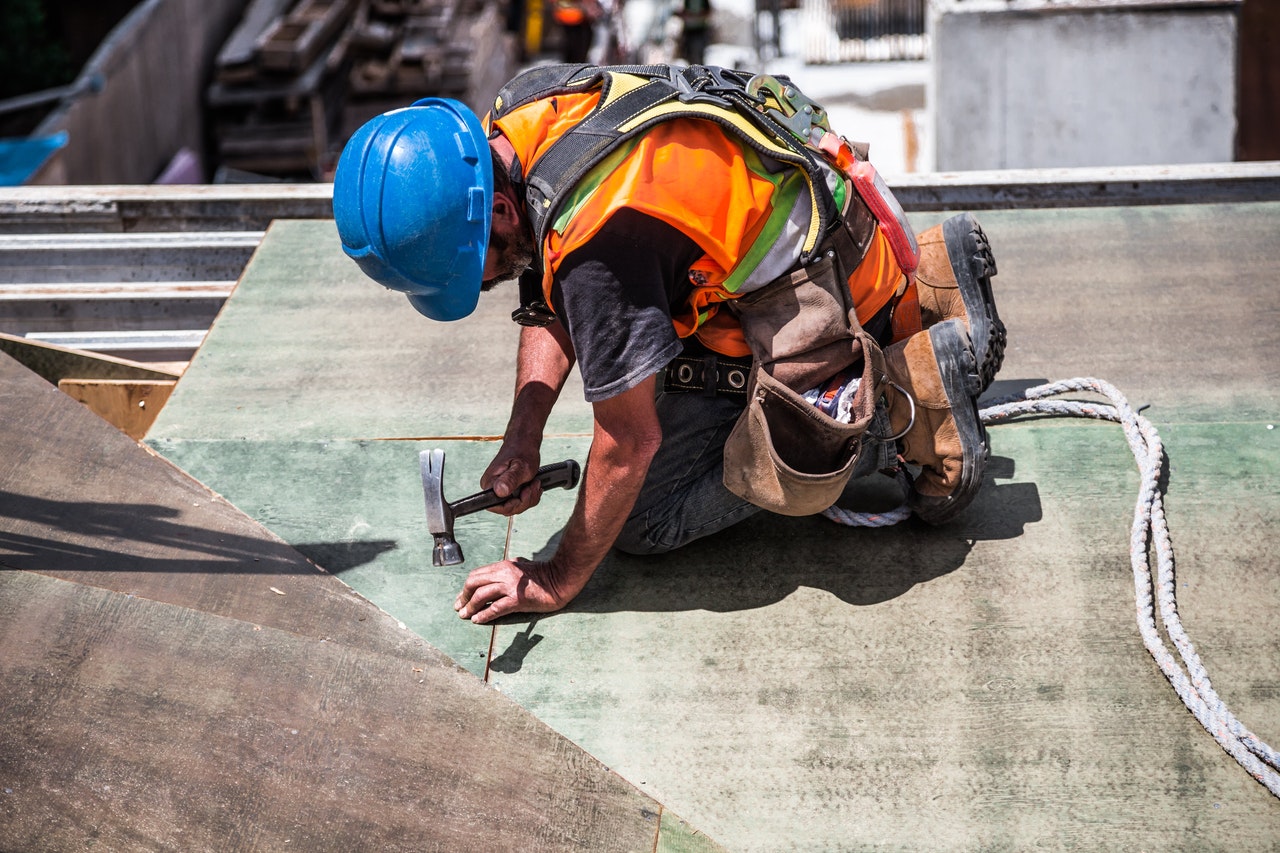 Studying bricklaying is becoming a very popular option for those wanting to kick-off a long-term career in a growing industry. Although not an occupation for everyone (what occupation is, though?), bricklaying is perfect for people who enjoys working outdoors and with their hands. As bricklaying involves a hands-on approach, it’s also an occupation for people who are quite fit, and it will also be an excellent way to stay fit as well! This is just the tip of the iceberg, though – in this article we take a look at the key reasons why someone might want to study bricklaying to give you a better idea of what it’s all about.
Studying bricklaying is becoming a very popular option for those wanting to kick-off a long-term career in a growing industry. Although not an occupation for everyone (what occupation is, though?), bricklaying is perfect for people who enjoys working outdoors and with their hands. As bricklaying involves a hands-on approach, it’s also an occupation for people who are quite fit, and it will also be an excellent way to stay fit as well! This is just the tip of the iceberg, though – in this article we take a look at the key reasons why someone might want to study bricklaying to give you a better idea of what it’s all about.
Table of Contents
What to know about studying bricklaying
If you’re already involved in the industry and don’t have related qualifications, an RPL Certificate III in Bricklaying is a great option. RPL stands for Recognition of Prior Learning, and it is a service that recognises previous experience in the bricklaying industry and, if relevant, allows you to attain a certificate to demonstrate your skills. However, if you’re completely new to bricklaying, you might consider pursuing a diploma or certificate from the outset. Generally, people studying bricklaying will develop a firm understanding of how to work with different materials (such as clay bricks, concrete blocks and mortar) in a variety of environments, such as domestic, commercial and public buildings. This knowledge will also be accompanied by valuable skills, such as the ability to accurately perform measurements, interpret building plans, understand masonry, veneer and solid brick construction, and learn in detail how to use speciality tools. Specifically, a Certificate III in Bricklaying teaches students specialised information required every day in bricklaying jobs, such as how to cut, shape and polish stones and bricks and how to shape bricks to fit awkward spaces.
What it’s like working as a bricklayer
Working as a bricklayer can involve a great deal of variety, as different projects will typically occur in highly diverse environments. With this in mind, choosing an environment, such as in a mining or construction environment, to suit your needs and interests can dictate the kinds of work you can pursue. There’s no reason to start out specialised, though, and many new bricklayers will elect to start working in the commercial building industry. This is also where the most work is, and most self-employed bricklayers will find themselves regularly finding jobs in the housing and commercial construction industries on a subcontracted basis. For experienced bricklayers interested in taking on more responsibilities in a supervisory role, further study is a great way to not only learn all of the relevant skills, but be formally recognised for them. This opens up the potential career paths for a bricklayer substantially, as it can lead to other roles in the building and construction industry, including project managers, building inspectors and registered builders.
Is bricklaying for you?
In short, if you enjoy practical work, have great hand-eye coordination, enjoy the prospect of following plan and performing technical work and are in great shape, bricklaying may very well be for you. Plus, all of the opportunities for growth make it a great long-term career option. If you haven’t yet started education, looking into a Certificate III is a good idea, and it won’t be long before you’re involved in an ever-growing industry!